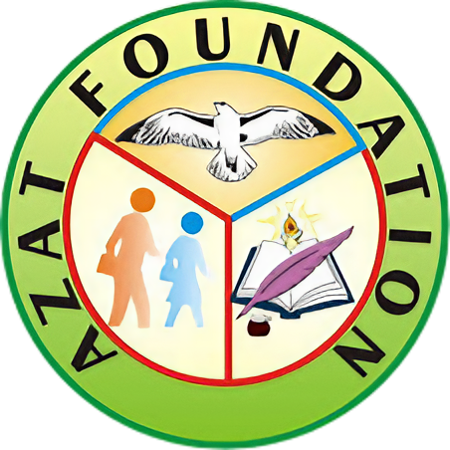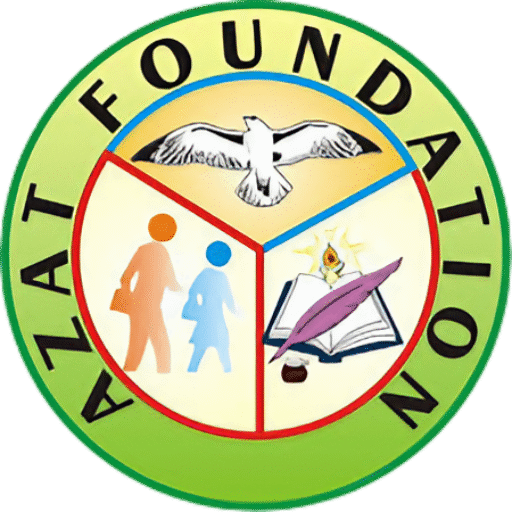Provincial Vulnerability Snapshot
Balochistan, Pakistan’s largest province by area, spans 44% of the country’s landmass but holds less than 6% of the population. Despite rich resources (natural gas, copper, gold), the province remains socioeconomically marginalized, suffering from poor infrastructure, fragile health systems, and high poverty rates. Geographic isolation and extreme exposure to natural hazards—earthquakes, floods, droughts—make it Pakistan’s most disaster-prone region.
Structural Challenges
- Fragile housing, especially in rural areas
- Inadequate infrastructure and drainage
- Low health and education indicators
- Geographic isolation and weak governance
Key Disaster Events (2008–2025)
- 2008: Ziarat Earthquake (215 deaths, 120,000 homeless)
- 2013: Awaran Earthquake (825+ deaths)
- 2022: Catastrophic floods (336 deaths, 500K+ livestock lost)
- 2024–25: Flash droughts and flood fatalities
Primary Climate Vulnerabilities
Droughts & Water Scarcity
Recurring droughts in districts like Chagai, Kharan, and Washuk cripple agriculture and food security.
Monsoon Flooding
Heavy monsoons trigger flash floods, damaging homes and infrastructure.
Coastal Risks
Sea-level rise and cyclones threaten cities like Gwadar and Pasni with flooding and saline intrusion.
Seismic Activity
Tectonic faults cause frequent earthquakes—exacerbated by mud-brick housing.
2022 Flood Impact in Balochistan
Azat Foundation’s Emergency and Disaster Response Services
Rapid Needs Assessments
Swift, evidence-based evaluations conducted immediately after a disaster to identify critical needs, inform response strategies, and ensure targeted, context-specific interventions.
Humanitarian Aid Distribution
Timely delivery of life-saving relief packages, including food baskets, NFIs, hygiene kits, and safe drinking water—ensuring dignity and survival during crises.
Cash-Based Transfers (CBT)
Provision of both unconditional and conditional cash assistance to support food security, healthcare, and livelihoods—enabling households to meet evolving needs.
We Act Before, During, and After Disasters
Azat Foundation’s Emergency Response Program delivers aid within 72 hours and builds resilience for long-term recovery.
Preparedness
Community-based risk planning and early warning systems.
Relief
Timely humanitarian aid tailored to urgent needs.
Recovery
Cash transfers, referral systems, and long-term support.

